Delhi Elections 2025: The Ultimate Battle for Power and Progress
Delhi Elections 2025: A Battle for the Capital’s Future
As the national capital braces for another electrifying election, Delhi is once again the battleground where political titans clash for power. The 2025 Delhi Assembly elections are not just another routine affair; they are a referendum on governance, development, ideology, and the aspirations of millions. With the stakes higher than ever, parties are leaving no stone unturned in their quest to win over the people of Delhi.
The Political Landscape: A High-Stakes Contest
Delhi has always been a politically charged arena, witnessing intense battles between the Aam Aadmi Party (AAP), the Bharatiya Janata Party (BJP), and the Indian National Congress (INC). While AAP has dominated the last two elections with a massive mandate, the BJP remains a formidable force, riding on its national appeal and strong cadre base. Congress, once a dominant player, is fighting to reclaim lost ground and stay relevant in a rapidly shifting political landscape.
The upcoming elections are crucial for AAP as Chief Minister Arvind Kejriwal seeks a third consecutive term. His party’s governance model, emphasizing free electricity, quality education, and improved healthcare, has garnered widespread support. However, recent challenges, including allegations of corruption and governance hurdles, pose a significant threat to AAP’s smooth sail.
On the other hand, the BJP, backed by the central leadership and a well-oiled election machinery, is determined to dethrone AAP. With a strong focus on law and order, infrastructure, and nationalism, the party is banking on its widespread appeal and Modi’s charisma to turn the tide in its favor. The question remains: can the BJP break the 25-year-old trend of Delhi voting differently in state and national elections?
Meanwhile, Congress is trying to revive its lost glory under new leadership. With a mix of experienced politicians and young faces, the party hopes to win back the trust of the electorate. While the road is tough, Congress cannot be entirely written off in a city where it once ruled for three consecutive terms under Sheila Dikshit.
Key Issues That Will Decide the Elections
1. Governance and Development
AAP has heavily promoted its governance model, boasting of achievements in education, healthcare, and infrastructure. The Mohalla Clinics, revamped government schools, and subsidized electricity and water bills remain its strongest selling points. However, critics argue that while free services are welcome, they are financially unsustainable in the long run.
BJP, in contrast, is promising a “New Delhi,” focusing on large-scale infrastructural projects, better roads, and improved public transport. The party is also highlighting its commitment to tackling pollution and urban planning.
Congress, which introduced several welfare schemes during its tenure, is attempting to offer a middle path—focusing on balanced governance without excessive populism.
2. Law and Order
Delhi, being the national capital, faces unique law-and-order challenges. The city has witnessed incidents of violence, unrest, and increasing crime rates in recent years. The BJP has consistently accused AAP of failing to maintain security and order, despite the fact that law enforcement falls under the jurisdiction of the central government.
AAP, however, claims that it has worked towards improving community policing and has blamed the BJP-led central government for not cooperating on key security matters. Congress is positioning itself as a party that can bring a balanced approach to policing and governance.
3. Pollution and Environment
Delhi’s air pollution crisis has been a longstanding concern. Every winter, smog blankets the city, raising alarm bells about public health. While AAP has implemented the Odd-Even scheme and green initiatives, critics argue that more needs to be done.
The BJP, on the other hand, is advocating for stricter enforcement of pollution norms, more green spaces, and better urban planning. Congress is also focusing on sustainable development and a long-term approach to tackling pollution.
4. The Battle of Ideologies
Apart from governance issues, this election is also a fight of ideologies. AAP positions itself as a pro-welfare, pro-people party focused on governance over identity politics. The BJP, with its strong nationalist rhetoric, seeks to consolidate its core voter base and capitalize on Modi’s popularity. Congress, meanwhile, is attempting to rebrand itself as the centrist force that upholds constitutional values and democratic traditions.
The Role of Women and Youth Voters
Women and young voters are expected to play a crucial role in determining the outcome. AAP’s schemes for free bus travel for women and investment in education have made inroads into these demographics. BJP, however, is countering this by promising safety, employment, and economic opportunities. Congress is also trying to attract youth by emphasizing job creation and skill development.
The Campaign Trail: Rallies, Roadshows, and Digital Warfare
As the election fever rises, parties are aggressively campaigning through rallies, roadshows, and door-to-door outreach. Social media has become a battleground, with leaders engaging in fierce debates and counterattacks. Memes, videos, and digital campaigns are shaping public opinion like never before. The ability to connect with voters beyond traditional rallies could be a game-changer in this election.
The Final Showdown: What Lies Ahead?
As polling day approaches, the air in Delhi is thick with anticipation. Will Kejriwal’s AAP retain power with another landslide victory? Can the BJP finally crack the code and capture Delhi? Will Congress make a surprise comeback and emerge as a kingmaker?
The people of Delhi hold the key to their future. Their choice will not only shape the city’s governance but also send a strong political message to the nation. With every party putting its best foot forward, the Delhi elections of 2025 promise to be one of the most riveting political contests in recent history.
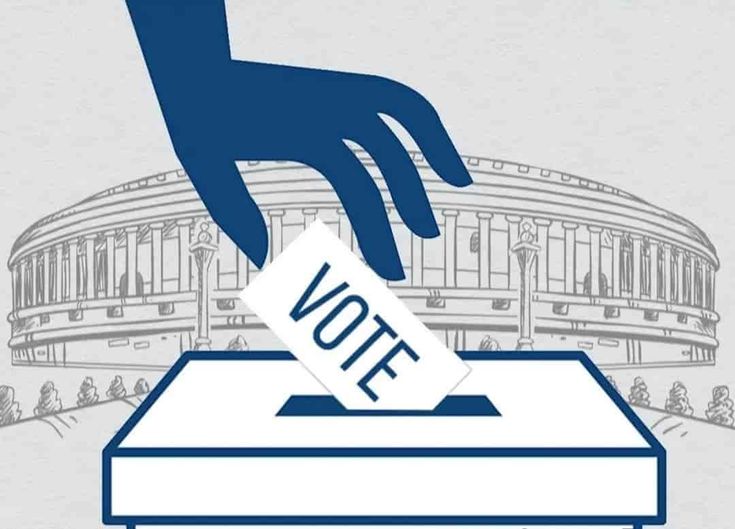


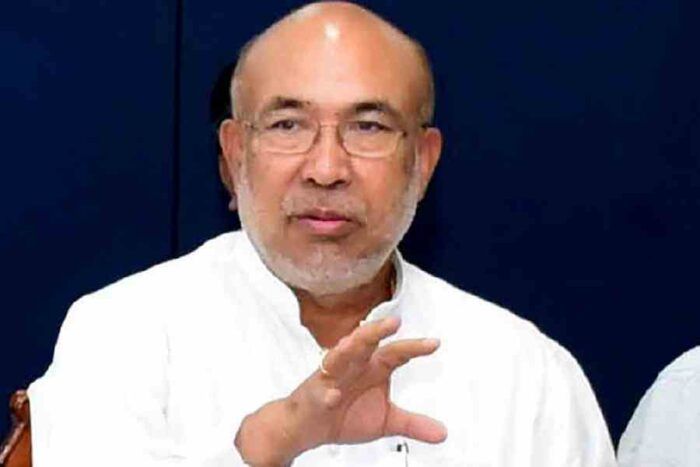
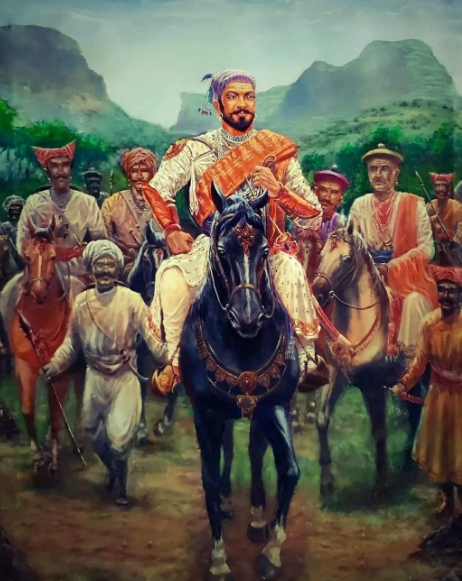

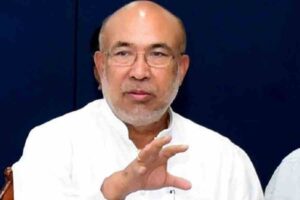
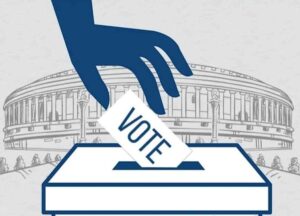
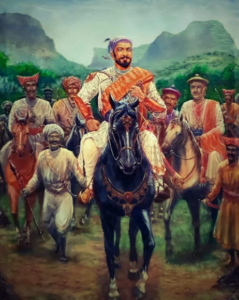



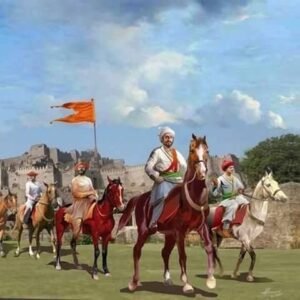

Post Comment